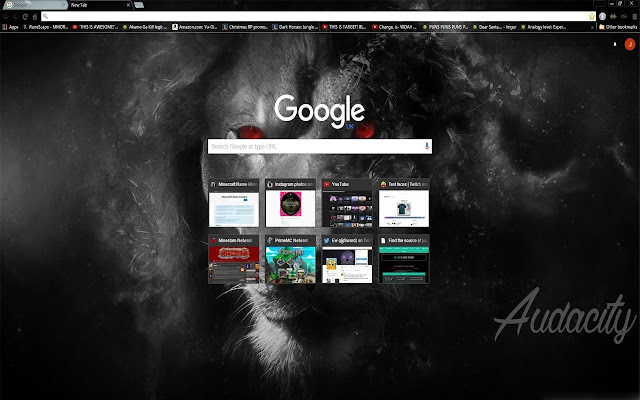
- Source audacity audio editor is not registration#
- Source audacity audio editor is not software#
- Source audacity audio editor is not code#
Given the tone of some of the responses in this thread, I appear to have entered a sensitive area. I appreciate the reply but given their communications prior to the clarification, what Muse Group claims and what they deliver warrants independent confirmation. This is why we have messaging and marketing specialists at the moment your project has a potential controversy you need to centralize the rebuttal in your public facing pieces, e.g. If they had clearly stated these things in the correct way, we wouldn't be in this thread right now. Which, you'll note, is something that you can actually do since the project is GPLv3 (compare and contrast with free-as-in-beer but not free-as-in-speech alternative OcenAudio, let alone fully-proprietary commercial alternatives from eg Adobe).
Source audacity audio editor is not code#
If you need more reassurance than that, you should read the source code itself.

They've clearly stated that the telemetry will be opt-in from the user perspective, as well as being coded out entirely for builds not made from the Github CI. While it is somewhat reassuring that telemetry is off by default on Linux platforms, it is not clear the same holds true for Windows.
Source audacity audio editor is not registration#
This online / cloud registration crap has really gotten out of hand.Īudacity has common use in the Windows Digital Audio Workstation (DAW) community, also. If they want my data, I would want a pretty damn good reason beyond the cookie cutter "improve the experience / keep you updated" shpiel. If I am a user of this type of software, I'd rather check a box saying that I accept the risks of using the software, and have that be the end of the "digital handshake" between the creators / maintainers and myself.
Source audacity audio editor is not software#
Why should I need somebody to know that I use the software in the first place? We have seen ample examples in society of how even the most innocent and trivial piece of knowledge can be used to its detriment. Even remote as the possibility may be (and, generically speaking) the fact that you are a user of the software could mean something to somebody. In this case, as a sound editor, most users should not need or want to have the application call home. You do your research and decide whether you take the risk of using the software or not.

As an end-user, I would accept the fact that the software can fail or have an adverse effect if it is open source (i.e. I have to push back against the notion (apparently accepted by the author) that every single piece of software has to call home.

defending the company from law enforcement demands), this only happens because there is a telemetry option in the first place. While I understand the need for the last bullet point (i.e. The argument that a sound editor has meta-data that law enforcement would even want is troubling regardless of the argument for it. What information is that and why exactly do they have to collect information explicitly for legal enforcement? Sure if they collect the debugging data which they explicitly list above, they might have to hand that information over if law enforcement comes knocking - no question there.īut they explicitly state that they also collect additional data purely for the purpose of "For legal enforcement" which is what I'm confused by. So if they collect debugging data, then that data can be delivered to a law enforcement agency. The thing necessary for the survival of the company is to comply with warrants for any information that they might had. I've worked on software that was installed on millions of devices that did not collect any information and I don't see why that should suddenly be illegal. There is no law in effect that forces software developers to collect information about users is there?Ĭlearly given that up to the current release such data was not collected, I don't understand the claim that this is necessary for the survival of the company. If it doesn't, it won't likely be a company for long. Whether a privacy policy says so or not, the odds are rather good that any given company will comply with legitimate law enforcement requests. While that's certainly a broad category and not particularly well-defined, it's also a fact of life in 2021.


 0 kommentar(er)
0 kommentar(er)
